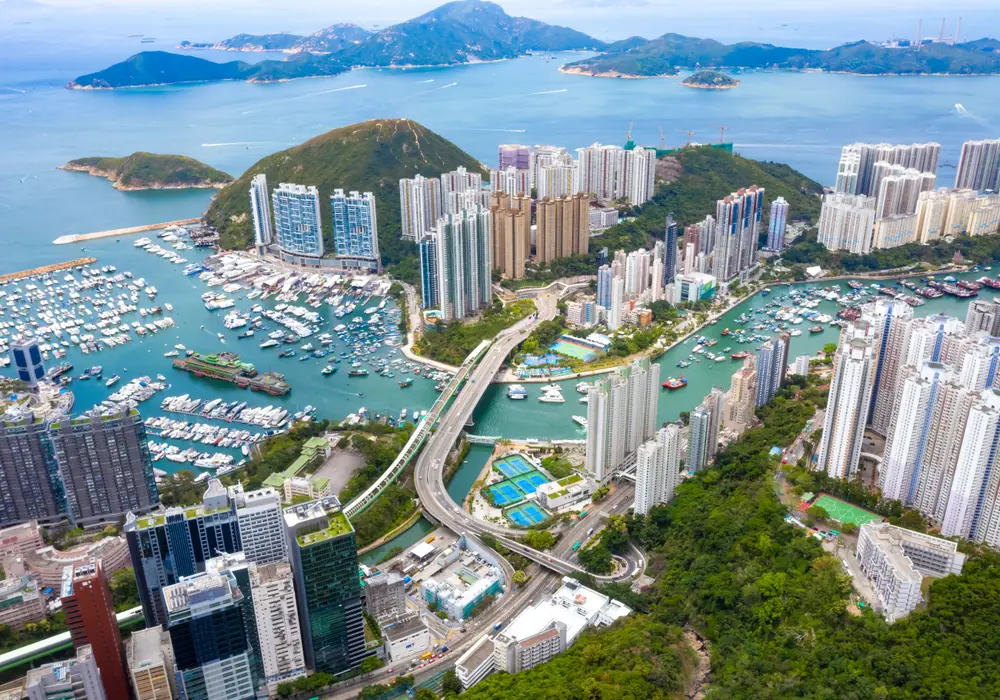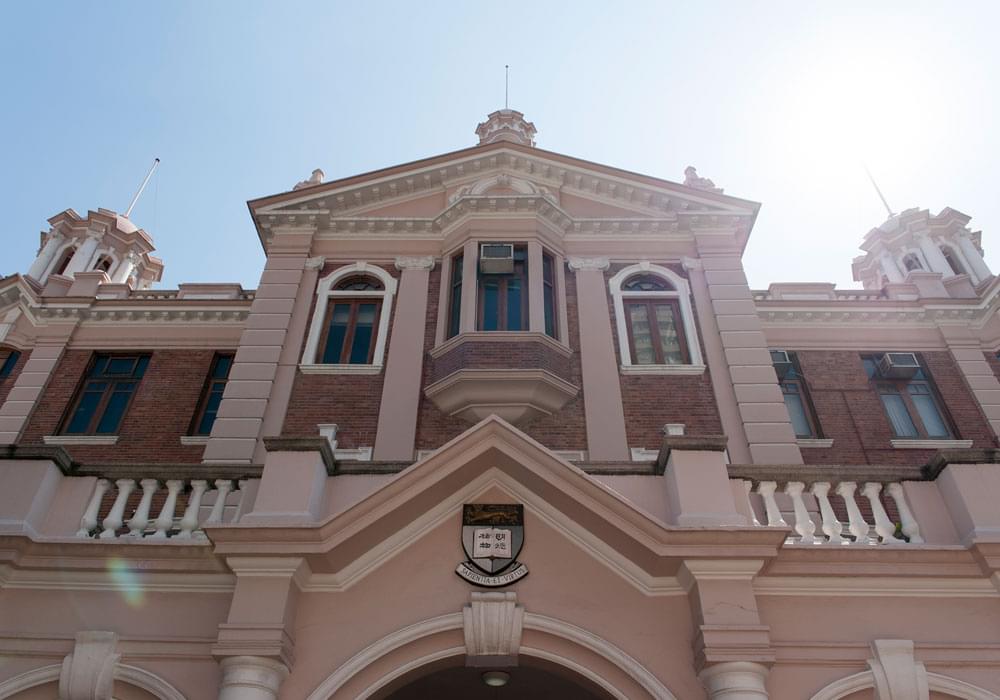
Navigating the Local Higher Education System
- 21 Apr 2023
- Education
With a stellar global reputation for higher education, Hong Kong is a great place for your kids to complete their education, or for you to embark on academic studies once more, whether it’s enrolling on that MBA to sharpen your business knowledge and management skills or completing an MA in something that’s always interested you. At present, there are 22 local degree-awarding institutions, including 9 publicly-funded and 13 self-financing ones, in Hong Kong.
Before you start scouring university websites for the perfect course, rest assured Hong Kong has a good reputation for undergraduate courses in many subjects. According to 2023’s Quacquarelli Symonds (QS) World University Subject Rankings, Hong Kong’s universities offer some of the world’s best programmes such as accounting and finance, medicine and nursing, dentistry, civil engineering and education. The city’s educational institutions are globally revered. In 2023’s QS World University Rankings, five universities made it into the global top 100: The University of Hong Kong at #21, the Chinese University of Hong Kong at #38, the Hong Kong University of Science and Technology at #40, City University of Hong Kong at #54, and the Hong Kong Polytechnic University at #65.
Hoping to get into a university in Hong Kong? It’s straightforward. Local students taking the Hong Kong Diploma of Secondary Education Examination (HKDSE) at Hong Kong’s tuition-free public secondary schools, with a minimum of level 3 for Chinese Language and English Language and level 2 for Mathematics Compulsory Part and Liberal Studies, are eligible to apply for the four-year undergraduate programmes in universities funded by the University Grants Committee (UGC). For non-local students, don’t fret: International Baccalaureate (IB) Diploma, and General Certificate of Education (GCE) programmes are also widely recognized by publicly funded and self-financing higher education institutions in Hong Kong. In a bid to strengthen ties with Mainland China, in addition to taking part in the National College Entrance Examination for undergraduate programmes in Hong Kong, Mainland students can sit the HKDSE from 2024 and do the written tests needed to enter university from across the border too.

In addition to undergraduate programmes, students can choose a wide range of self-financing degree and sub-degree programmes, subsidised by the Study Subsidy Scheme for Designated Professions/Sectors (SSSDP), and various higher education programmes that best suit their interests and ability under the Vocational and Professional Education and Training (VPET), which covers everything from Higher Diplomas in business to health and life sciences and Vocational Diplomas in Mechanical Engineering and Construction Technology.
Once you, or your kids, have found the right course and received a school acceptance letter, what’s next? For non-local students without a talent visa or a dependant visa, a student visa from the immigration department will be required. In addition, you’ll also need to research tuition fees, which vary widely according to institutions and programmes of study. At the Chinese University of Hong Kong, for example, international students pay HK$145,000 (around US$18,000) per annum. However, dependants who have received Hong Kong permanent resident status can enjoy the local tuition fees, which are as low as HK$42,100 (around US$5,363) per annum for UGC-funded programmes.
Before you start getting out the calculator and doing the budgeting, there are multiple scholarship funds available for top talents. The Hong Kong Special Administrative Region Government Scholarship awards HK$80,000 (approximately US$10,300) per year for non-local students, recognising the achievements attained in the eight UGC-funded universities, the Hong Kong Academy for Performing Arts, and the Vocational Training Council. Established to attract more outstanding students from countries and regions along the Belt and Road, the Belt and Road Scholarship provides financial support for those attending publicly funded university studies in Hong Kong.
After completing your study with qualifications and profound knowledge, it’s time to enter the world of work in Hong Kong, where there’s a buoyant job market. Demand for talent has reached a post-pandemic high, and Hong Kong job postings increased by more than 30% in the second quarter of last year, according to Links International. A quick tip for non-local recent graduates looking for a longer stay for a job search: apply for Immigration Arrangements For Non-local Graduates (IANG) scheme within six months after the date of your graduation from universities in Hong Kong or GBA campus. Simply fill in the application form ID 990A, printed or online, and submit all supporting documents in accordance with the Immigration Department, you may be granted up to two years of extension of stay.
Not a graduate of Hong Kong or GBA campus but keen to apply to come and work in the city? You can explore the Top Talent Pass Schemes (TTPS), which provides up to 24 months of stay to degree graduates of the world’s top 100 universities in the past five years. It usually takes just four weeks to process visa applications under the schemes upon receipt of all the required documents. In a bid to attract top talents to Hong Kong, there are many more admissions schemes for professionals from different backgrounds, click for more information.
Recent posts
-

The Lowdown on Hong Kong’s Education System
- 06 Jul 2023
- Education
-

Getting the Work-Life Balance Right
- 03 Jul 2023
- Healthcare & Welfare
-

Taxation in Hong Kong and Your Home Place
- 03 Jul 2023
- Living & Tax
-

The Essentials for a Smooth Relocation to Hong Kong
- 26 Jun 2023
- Living & Tax
-

Steps to Find Suitable Housing
- 26 Jun 2023
- Living & Tax
-

Planning for Healthcare Needs
- 26 Jun 2023
- Healthcare & Welfare
-

Securing employment opportunities in Hong Kong
- 24 Apr 2023
- Living & Tax
-

Navigating the Local Higher Education System
- 21 Apr 2023
- Education
-

Job Opportunities
- 27 Jan 2023
- Living & Tax
-

World-class Tertiary Education
- 27 Jan 2023
- Education

